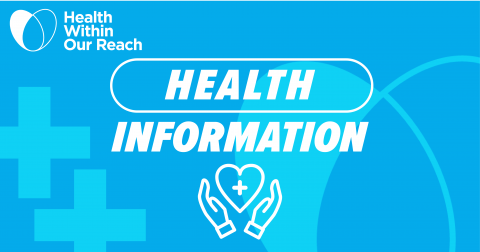July 25, 2023
Do you work in the meat or poultry industry? Health and safety at work must improve

Throughout the first few months that the COVID-19 pandemic hit the United States, many industries had to close their doors to prevent the spread of the virus. However, people working in food production remained in their jobs, facing the risk of contracting the disease.
These jobs, called essential jobs, allowed most people to stay at home. However, under what conditions did these people work during the pandemic? Most importantly, what conditions do they work in now?
On June 20, 2023, the US Government Accountability Office (GAO) released a report on the safety of meat and poultry processing workers during the pandemic. Here we tell you some details.
A. How did they report?
They resumed:
- The response of meat and poultry companies to the pandemic and how it affected working people.
- Occupational Safety and Health Administration (OSHA) enforcement actions
- Challenges and collaboration between OSHA and the Food Safety and Inspection Service (FSIS).
- Conducted surveys, analysis of inspection data, review of federal laws and regulations, and interviews with workers in this industry in nine states.
B. What did they find? Four important facts
Working people faced (and continue to face) high risks of contagion. Businesses reported that they took measures to address COVID-19, such as distancing, barriers, and masks. However, they were not enough: in the inspections and in the interviews with the workers, it was concluded that the people who worked faced a high risk of infection. For example, the risk of COVID-19 for workers at a large meat plant was 70 times higher than for the general population. Stronger steps need to be taken to ensure that seemingly basic protections are enforced for people in this industry.
Inspections were not enough. OSHA increased inspections of meat and poultry plants in the first year of the pandemic, but there was no compliance. The officials responded that the protection of workers was limited, the current regulations do not include specific rules that address the dangers related to COVID-19, such as the lack of healthy distance, for example. It is necessary to generate and press for specific protection measures in this industry, which reduce the risk of contagion of infectious diseases. COVID-19 is not over, and agencies and businesses can do much more.
There are opportunities to change the rules. The Occupational Safety and Health Act allows OSHA to develop safety and health standards for specific industries. It is developing specific rules on infectious diseases, including COVID-19, for those who work in healthcare, but not for those who work in meat and poultry processing. All lives count! They are missing an opportunity to protect working people!
Active collaboration is needed between agencies, and to include workers and other stakeholders. OSHA and FSIS officials met regularly but did not follow some of the leading collaborative practices. For example, define outcomes and include key players who know the industry well. They could do so much better.
C. What are the conclusions? GAO Recommendations to Responsible Agencies:
- A specific standard: The Department of Labor must ensure that OSHA takes the necessary steps to protect people who work in meat and poultry. GAO suggested that, for example, the Department of Labor could consider developing a standard with regulations related to COVID-19 for this specific industry. This would help workers to be protected and informed of the dangers they face, including the risks of infectious diseases.
- Interagency Collaboration: The Department of Agriculture and the Department of Labor should ensure collaboration between FSIS and OSHA to address challenges, and take action to resolve them.
D. What can you do as a worker in these industries?
- If you work in the meat or poultry industries, please share this information!
- Remember that you have the right to a safe and healthy workplace.
- You have the right to participate in the improvement of working conditions and to organize to promote them. Talk to your colleagues and share your concerns about the measures that would better protect them from the spread of infectious diseases.
- Stay on top of updates on this initiative here.
- If you have any concerns, do not hesitate to contact us
- From Mexico: 55 9661 6771
- From the United States: 667 217 5738
- Visit SOL at: covid-chat.org
